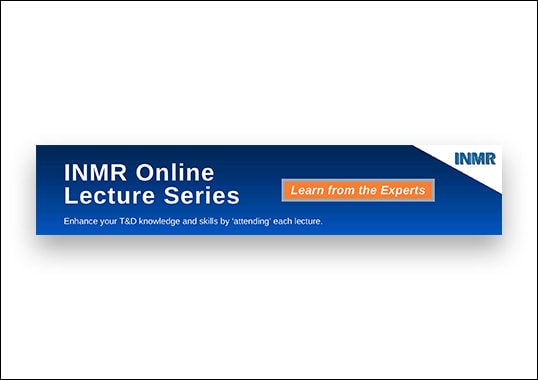

It addresses the impacts of Covid-19 on unicorn startups focuses on an emerging phenomenon and on learning from the measures they have implemented shows the importance of digital BMI, practiced by companies in an emerging market – Brazil and contributes to management practice, by highlighting three actions that entrepreneurs and SMEs managers should take to cope with the crisis. The research is relevant for several reasons. To call academy’s attention to unicorn startups and assist in understanding business model reconfiguration, the research problem aims to answer: What are unicorn startups doing to overcome the Covid-19 crisis? The objective is to seek measures that these companies are implementing during the pandemic and draw lessons to learn for helping entrepreneurs and small and medium enterprises (SMEs) to overcome the crisis. Nunes and Russo (2019) highlight the shortage of studies on BMI in the international context, and mention the absence of research involving Brazilian companies. Regarding business model innovation (BMI) in digital startups, essentially in established startups ( Sushandoyo, Kencanasari, & Prasetio, 2020), innovation through reconfiguration is a little discussed topic and a developing field ( Massa & Tucci, 2014 Amit & Zott, 2015 García-Gutiérrez & Martínez-Borreguero, 2016 Wirtz, Pistoia, Ullrich, & Göttel, 2016). Some studies address this type of company superficially, by mainly using old and outdated management theories ( Jinzhi & Carrick, 2019). Unicorn startups are a new phenomenon however, they have received almost no attention from the academic community. Since unicorn startups have abilities to face critical factors ( Dalmarco et al., 2017) with greater flexibility, the analysis and identification of what this type of company has done to overcome the crisis ( Kuckertz et al., 2020) can help entrepreneurs to make decisions for keeping their businesses, in addition to providing a unique opportunity to build knowledge ( Ketchen & Craighead, 2020). For some of them, this required a rapid change of their business models, which accelerated digital transformation ( Ketchen & Craighead, 2020 Kudyba, 2020 Soto-Acosta, 2020 Priyono et al., 2020 Bărbulescu et al., 2021 Lee & Trimi, 2021). The crisis also drove entrepreneurs and managers to provide products and services with the support of responsive digital platforms ( Anthony & Abbas Petersen, 2020 George, Lakhani, & Puranam, 2020). It also affected chains from sectors not directly linked to unicorns’ activities ( Ratten, 2020), which have come to need their services more intensely ( Anthony & Abbas Petersen, 2020 Ketchen & Craighead, 2020 Bărbulescu et al., 2021). In specific segments, unicorn startups saw a huge increase in demand, but the economic downturn caused by the pandemic affected production and supply chains ( Kuckertz et al., 2020 Ketchen & Craighead, 2020). They foster managers to act differently, by innovating their business models ( Nunes & Russo, 2019) and putting into practice new measures to create value for customers ( Kuckertz et al., 2020). While some companies struggle to resume normal operations, owing to strict isolation policies implemented by governments ( Liguori & Winkler, 2020 Lee & Trimi, 2021), others, such as innovative and unicorn startups, are taking new steps to keep active in the crisis and try to overcome it ( Ketchen & Craighead, 2020 Kuckertz et al., 2020 Bărbulescu et al., 2021).ĭespite great digital mobility, flexibility, capacity to allocate assets promptly, competence to innovate quickly and ability to attract different forms of investments ( De Massis, Frattini, & Quillico, 2016 Hogarth, 2017), unicorns also face challenges that can be seen as new opportunities and learning ( Dalmarco, Maehler, Trevisan, & Schiavini, 2017). Large, medium and small companies were immediately struck, and this impact tends to last ( Nassif, Corrêa, & Rossetto, 2020 Priyono, Moin, & Putri, 2020 Bărbulescu, Tecău, Munteanu, & Constantin, 2021). It is not yet possible to measure the impacts already caused and yet to come by the Covid-19 pandemic.
INMR TUTORIAL FULL
The full terms of this licence maybe seen at Anyone may reproduce, distribute, translate and create derivative works of this article (for both commercial and non-commercial purposes), subject to full attribution to the original publication and authors. This article is published under the Creative Commons Attribution (CC BY 4.0) licence. Published in Innovation & Management Review. Copyright © 2021, Cristina Doritta Rodrigues and Matheus Eurico Soares de Noronha.


 0 kommentar(er)
0 kommentar(er)
